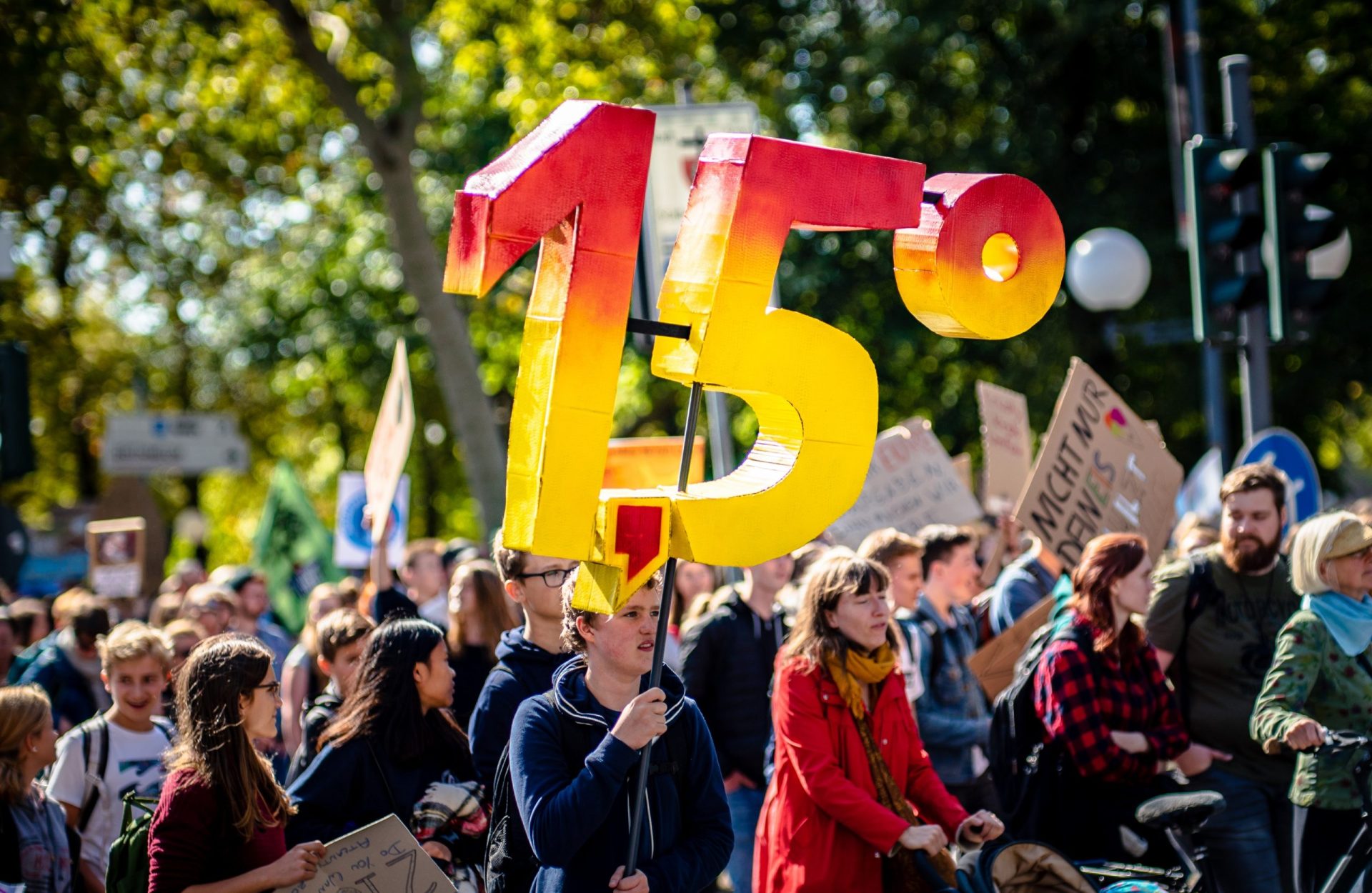After six exhausting years of negotiations, all the unresolved elements in the mechanisms for the implementation of the Paris Agreement and the transparency of procedures have finally been endorsed and a document entitled the Glasgow Climate Pact was adopted.
The long-awaited climate conference of the COP 26 parties was held in Glasgow, the United Kingdom from 31 October to 12 November. A number of significant outcomes were expected from the Conference, before all, enhanced national and global ambitions, completion of the Paris rulebook, and a higher level of climate financing, especially for the adaptation to climate change. The Conference, as a rule, begins with a summit meeting at which more than 120 leaders participated this year. In their presentations, the state presidents and prime ministers expressed their strong support for enhanced ambitions and for reaching the goal of limiting temperature growth to not more than 1.5oC in comparison to the preindustrial period as well as for increased national endowments that would contribute to the common climate mission.
Among the positive surprises from the Conference, it is noteworthy to mention, for example, India’s pledge that it will become climate neutral by the year 2070 and China’s announcement that, in addition to the goal of reaching neutrality by 2060, it will begin to abandon coal in the period from 2026 to 2030 and cut the emissions of methane. Criticism was repeated by the developing countries which pointed out that for the more forceful tackling of climate neutrality they require considerable funds and as well as the transfer of know-how and technology from the developed ones. The most vulnerable groups, a small island, and the smallest developed countries which are the ones that contributed least to the climate crisis asked of the others for comprehensive assistance, primarily for adaptation measures related to the consequences of climate change which can no longer be avoided and for increasing the readiness for managing losses and damages.
At the summit, the Prime Minister of the Republic of Croatia, Andrej Plenković , announced the cessation of producing electric power from coal at the latest in 2033, the participation of Croatia in the common European goal (cutting emissions 55 percent by the year 2030) from its very ambitions 45 percent, and increasing the share of renewable energy sources in the overall consumption by more than two thirds. One of the activities that Croatia is planning in the forthcoming period is the planting of more than one million additional trees annually up to 2030 in order to abate the emissions of greenhouse gases from tourist vehicles arriving in Croatia for their holidays.
The expert delegation of the Republic of Croatia participating at the Conference included Dunja Mazzocco Drvar (Ministry of the Economy and Sustainable Development), Višnja Grgasović (Ministry of the Economy and Sustainable Development), Tatjana Obučina (Ministry of the Economy and Sustainable Development), Dr.sc. Ivan Gütter (State Hydro-meteorological Institute) and Marija Pujo Tadić (International Institute for Climate Activities). Our delegation took part in a series of technical meetings at which reporting methods on emissions were considered as well as progress in the attainment of goals, the inclusion of scientific research results in the UNFCCC processes, mechanisms for trading emissions among states, financial processes and amounts and methods of assisting developing countries in order for them to strengthen protection systems from extreme weather conditions.
As opposed to other large-scale conferences, this one did not end with the signing of an agreement but rather with a series of umbrella decisions and resolutions which describe in detail the implementation of the Paris Agreement. They are important documents that are legally binding. Every word in the decisions during the exhausting negotiations was carefully chosen and weighed since the decision has to be accepted consensually by all parties. The document was prepared by the British COP Presidency on the basis of comprehensive negotiations with the representatives of negotiating groups as well bilateral talks with the representatives of individual states for which some specific issues were of particular significance.
In the first week of the Conference, the expert delegations discussed the technical content of the decisions while in the second week the ministers and other high dignitaries disclosed their views on particularly sensitive issues and attempted to reach the required compromises. Considering that the key goal of COP 26 was to keep as close as possible to the temperature level of 1.5 oC, the scientific imperative to remain below 1.5oC was, without a doubt, the most important item in these decisions.
The European Union is exceptionally satisfied with the formulations in the umbrella decision given that high climate ambitions are contained in it. However, along with ambition as the main goal another one also appeared, mentioned for the first time at this COP: namely the reduced generation of electric power from coal and abolishment of unnecessary subsidies for fossil fuels. The European Union is one of the leaders of these processes, not only because of the enhanced goals of reducing emissions by 2030 but also due to the fact that the obligations and attainment of climate neutrality by the year 2050 are legally bidding, prescribed by the European climate regulations and comprehensive legal package Fit for 55.










